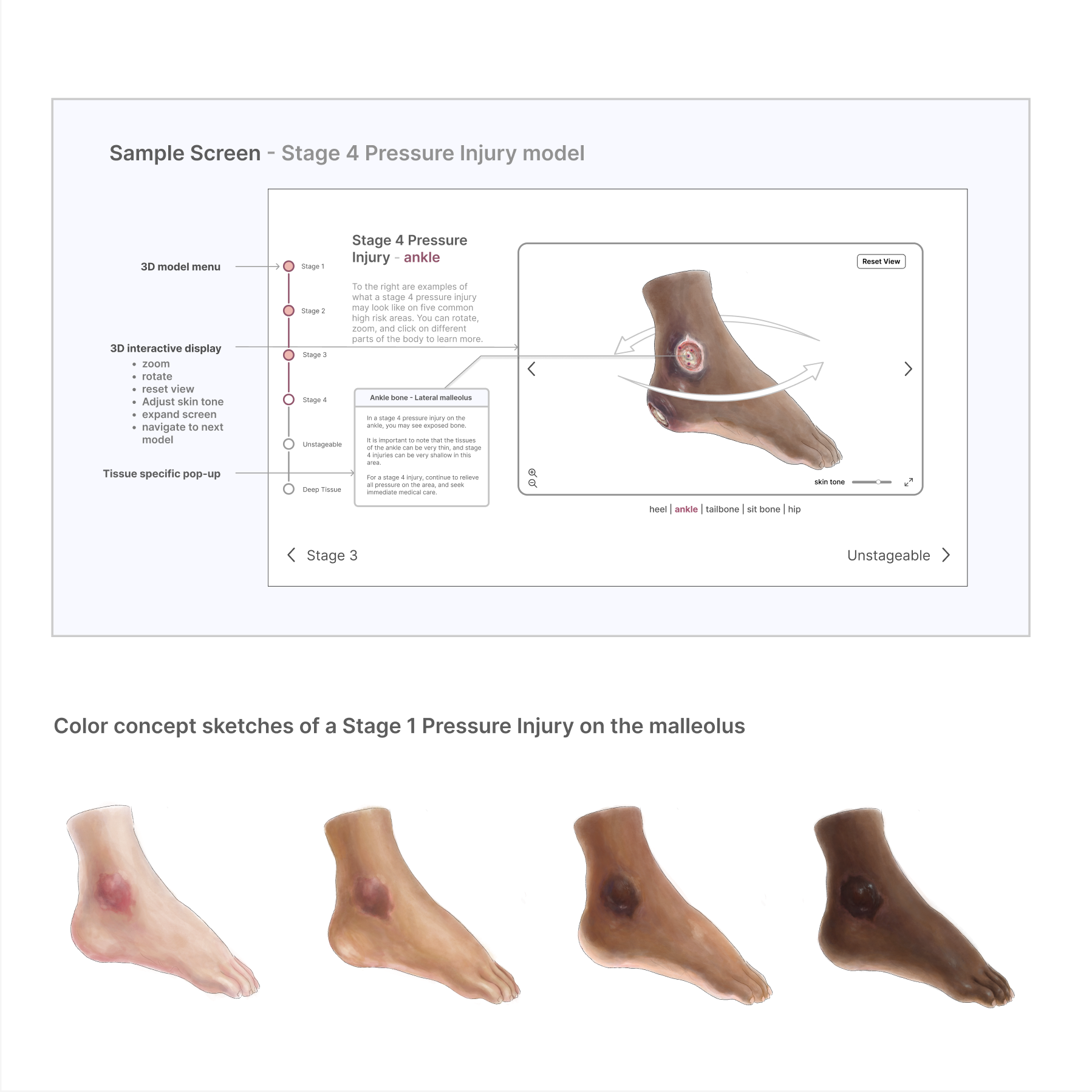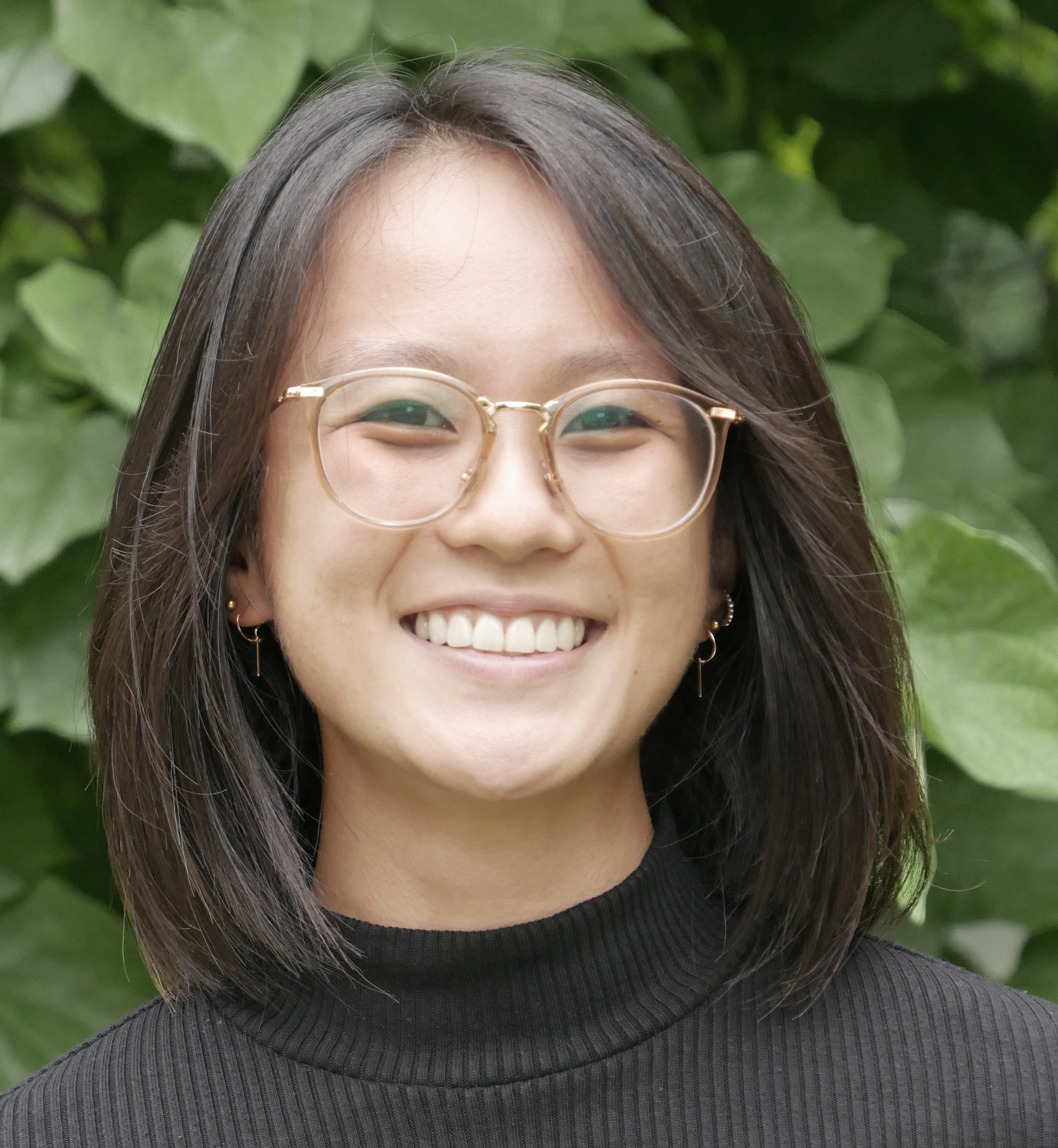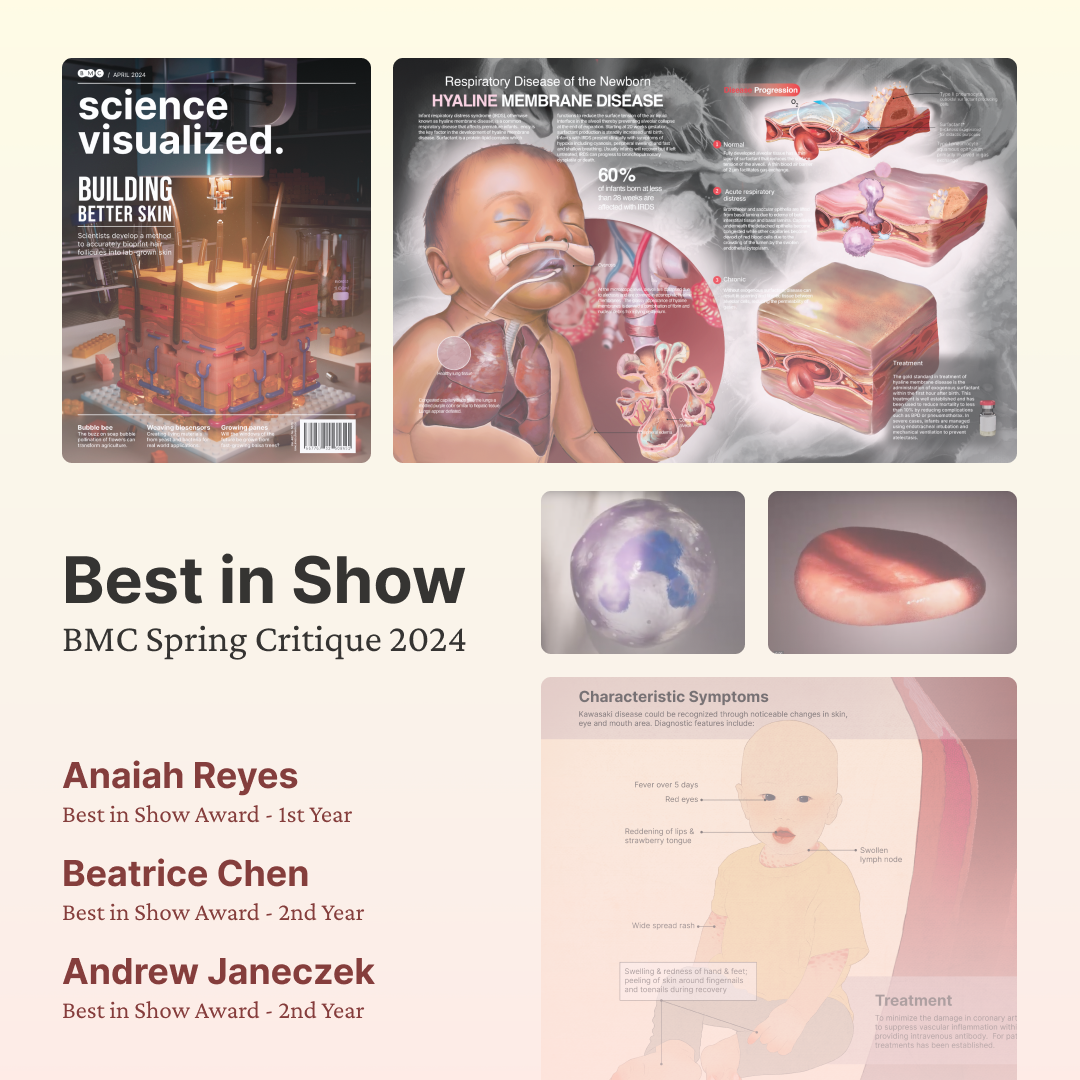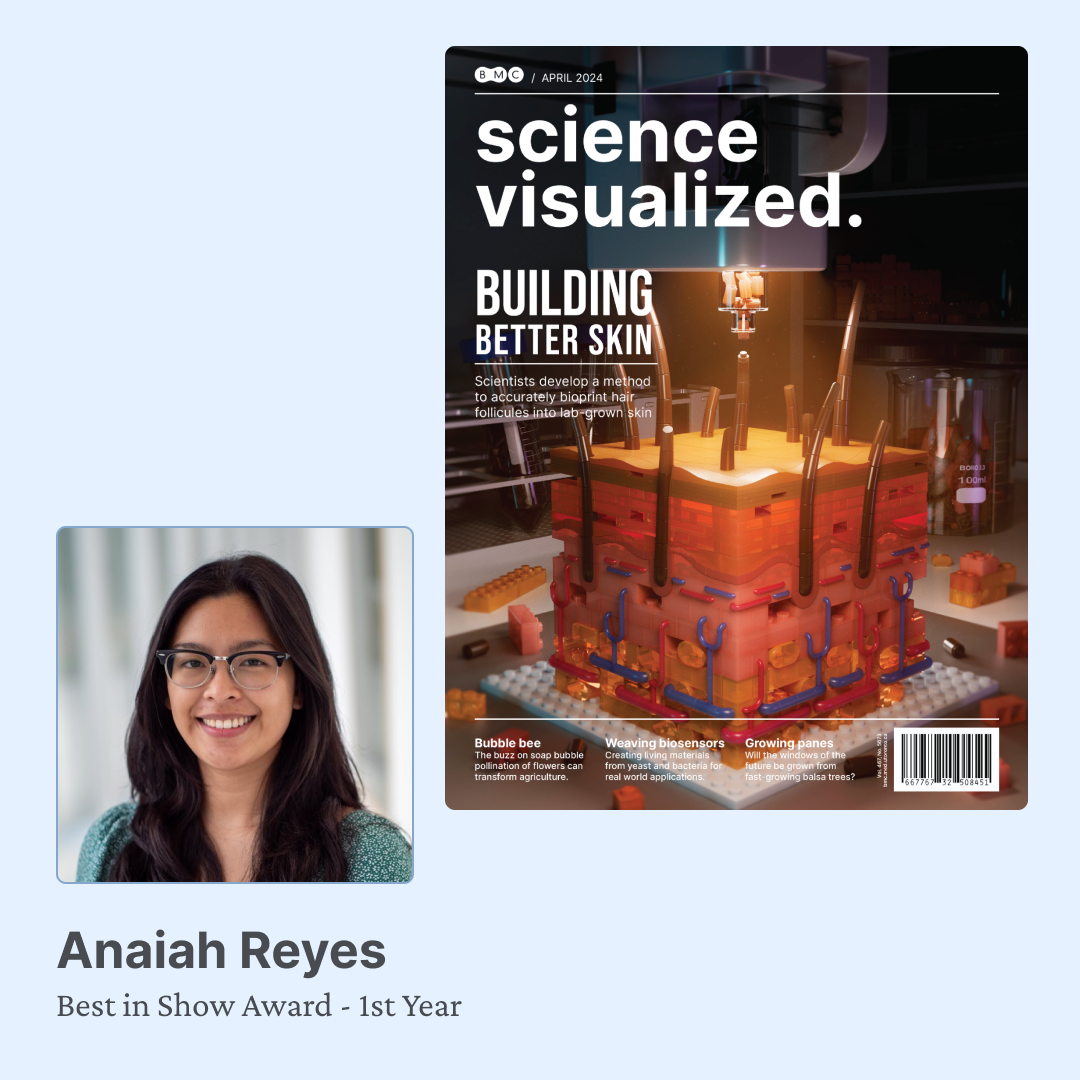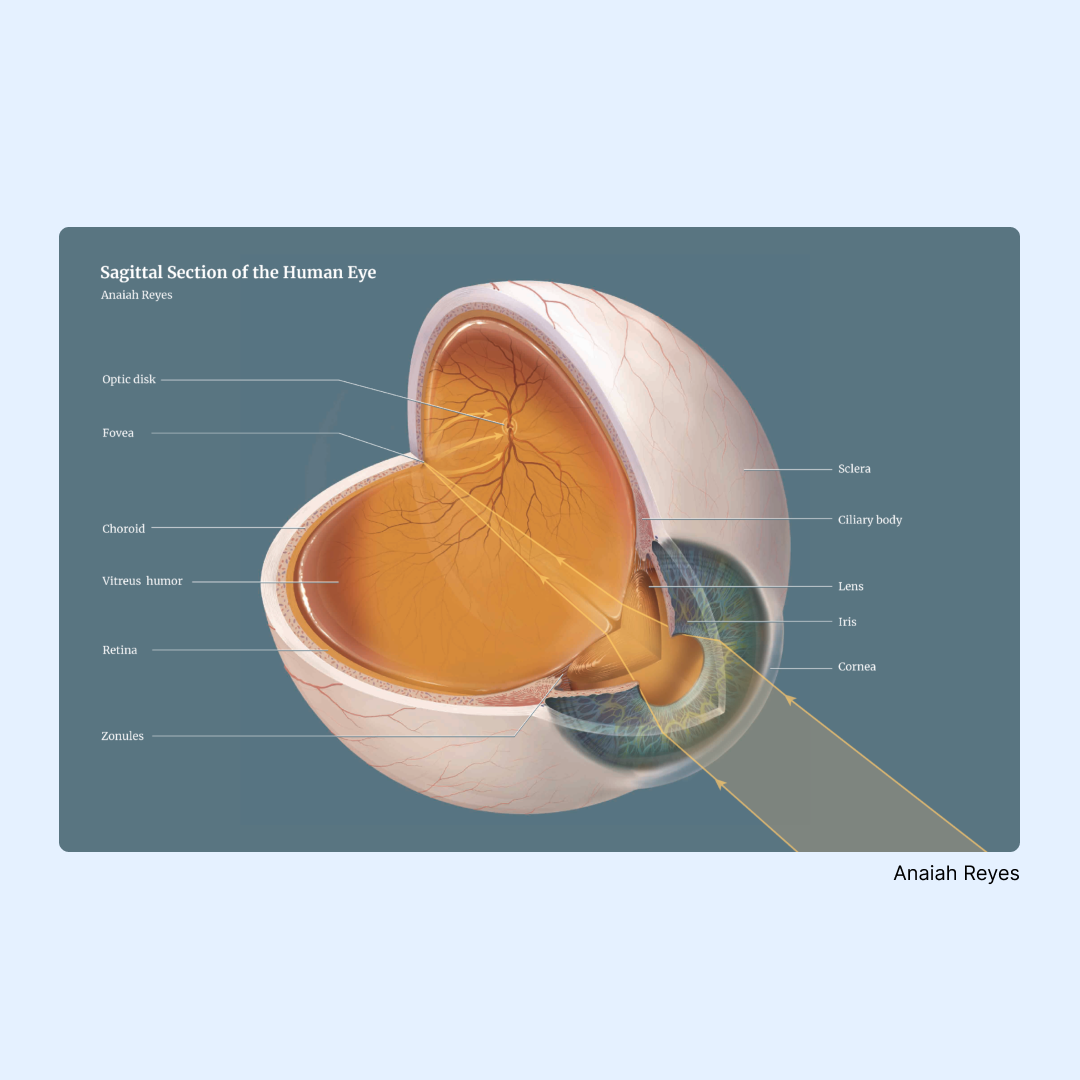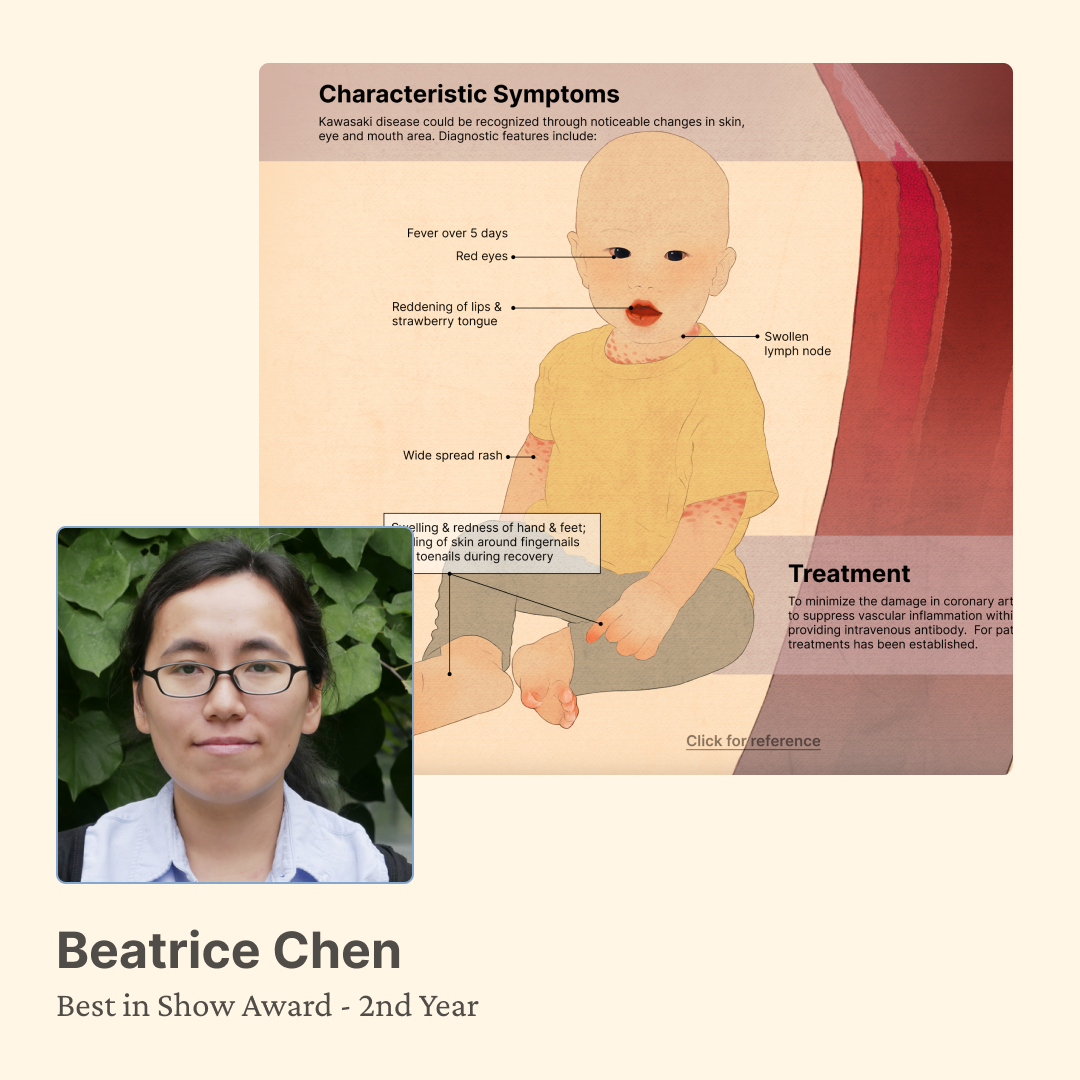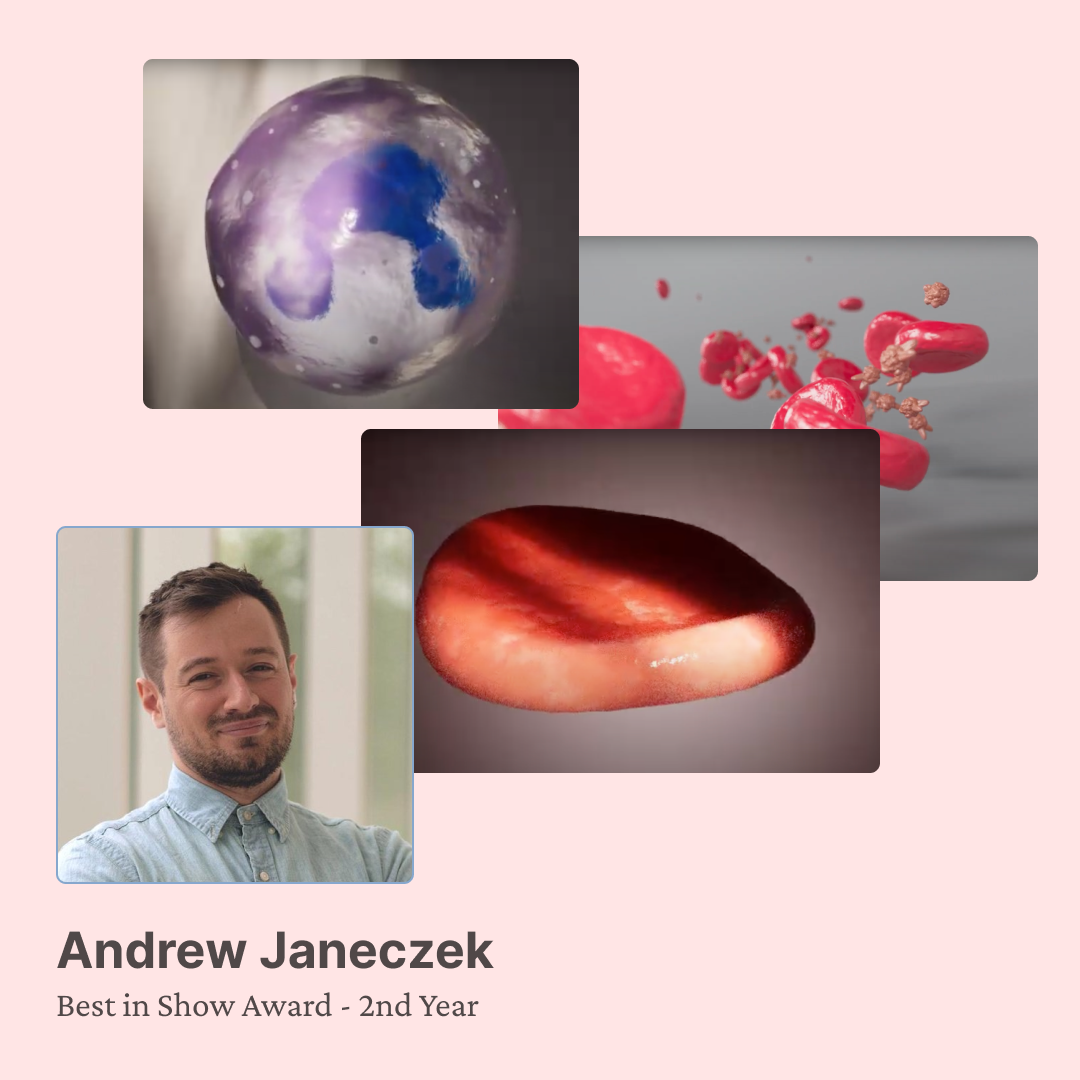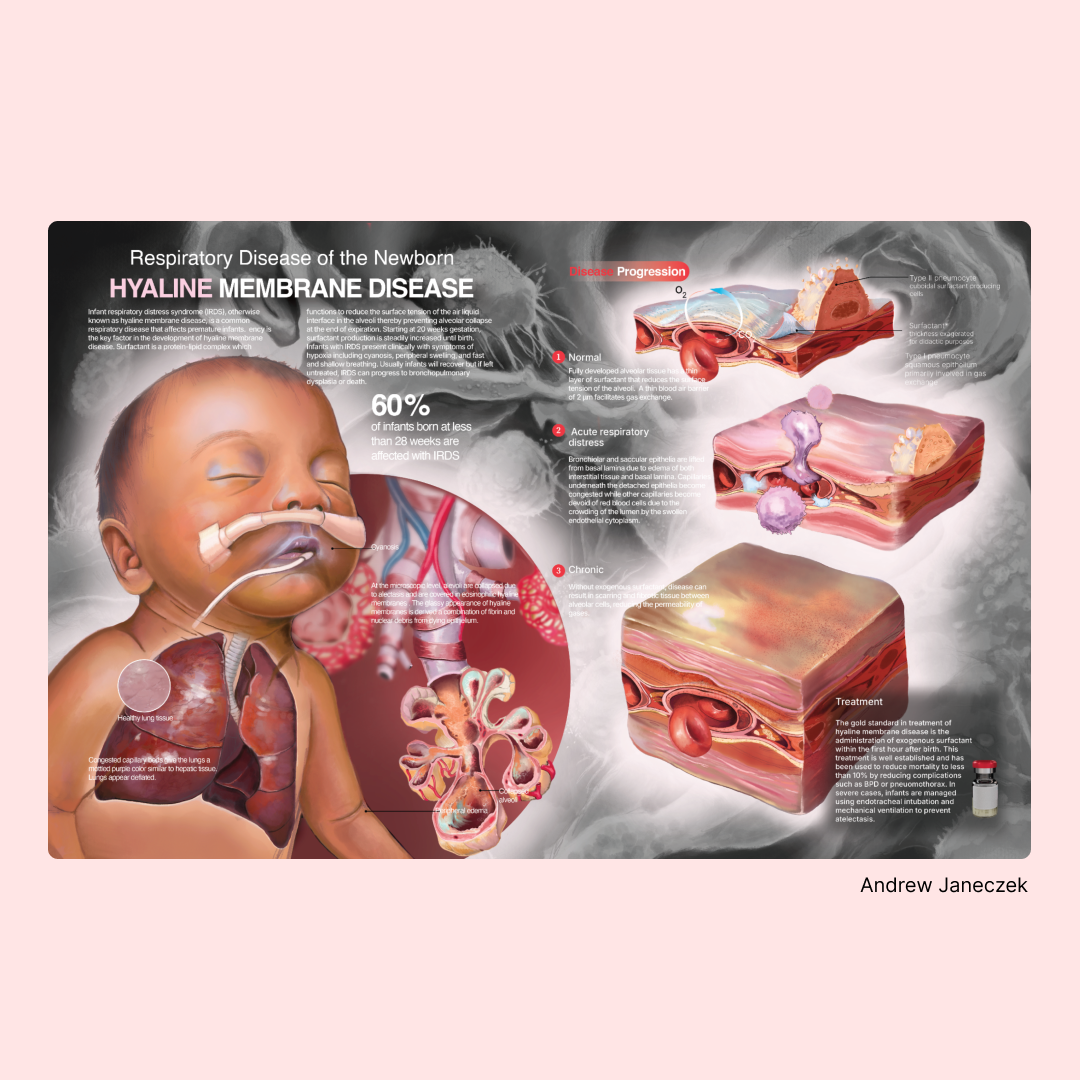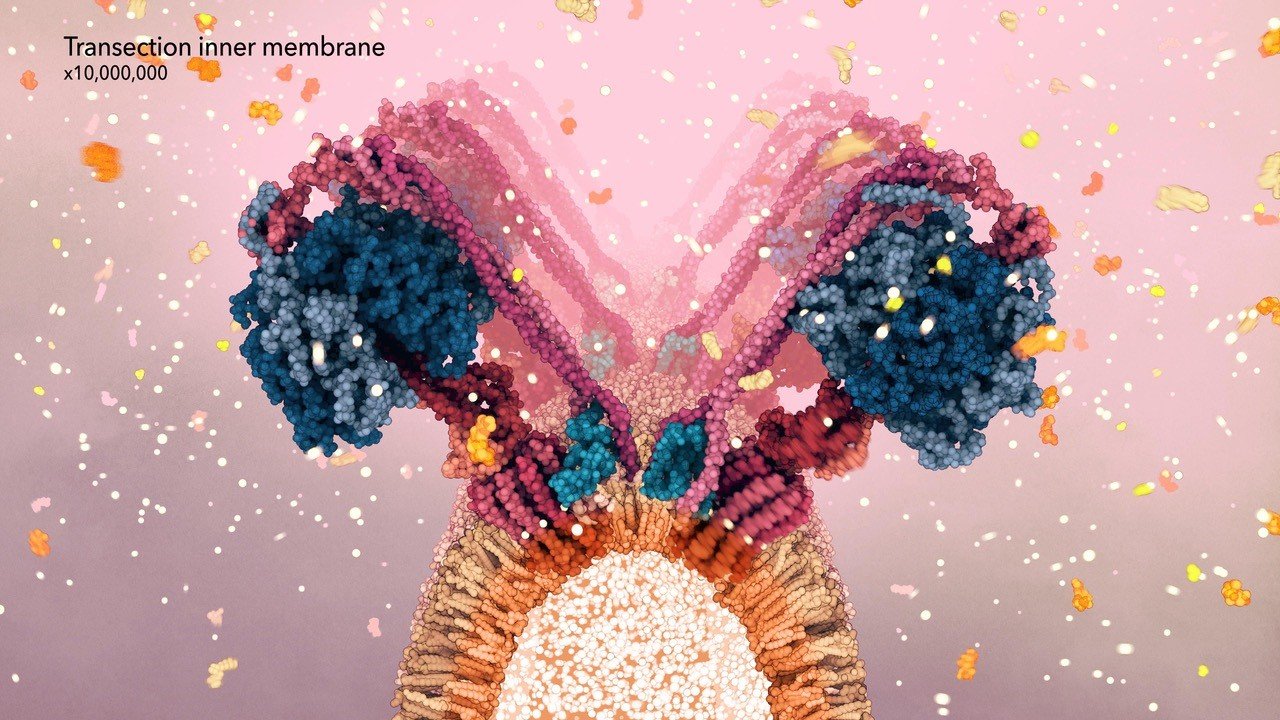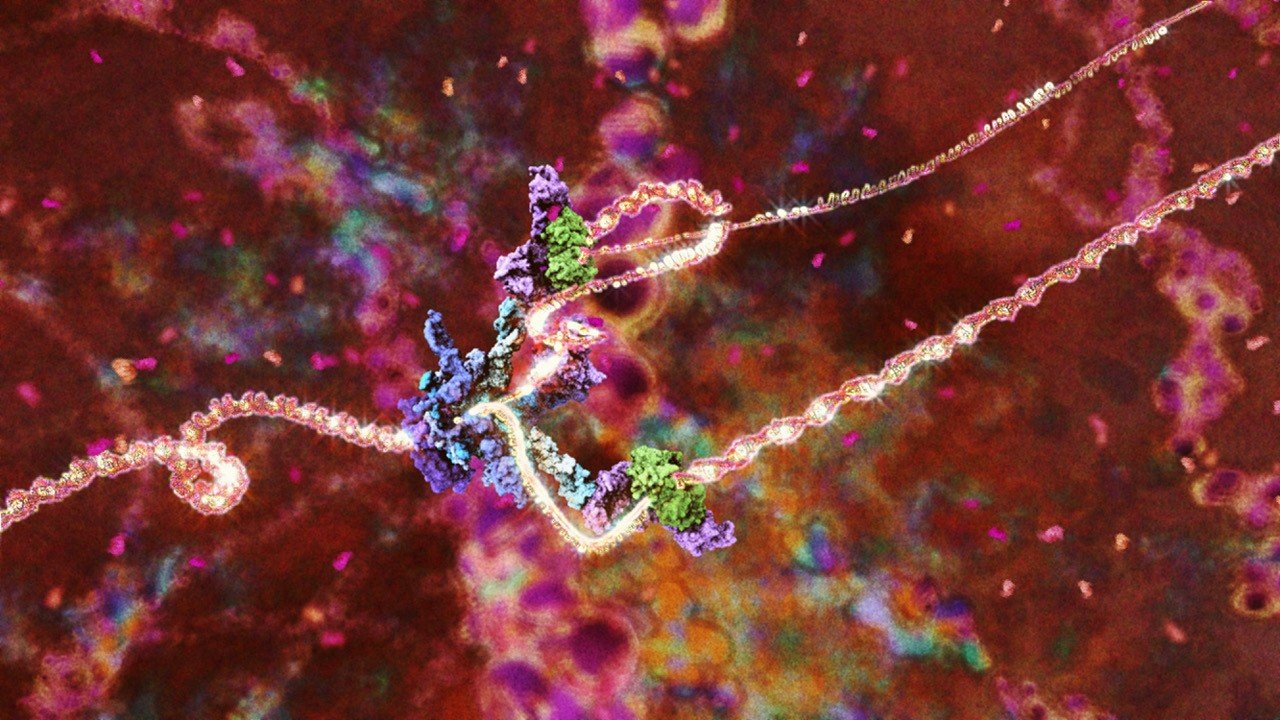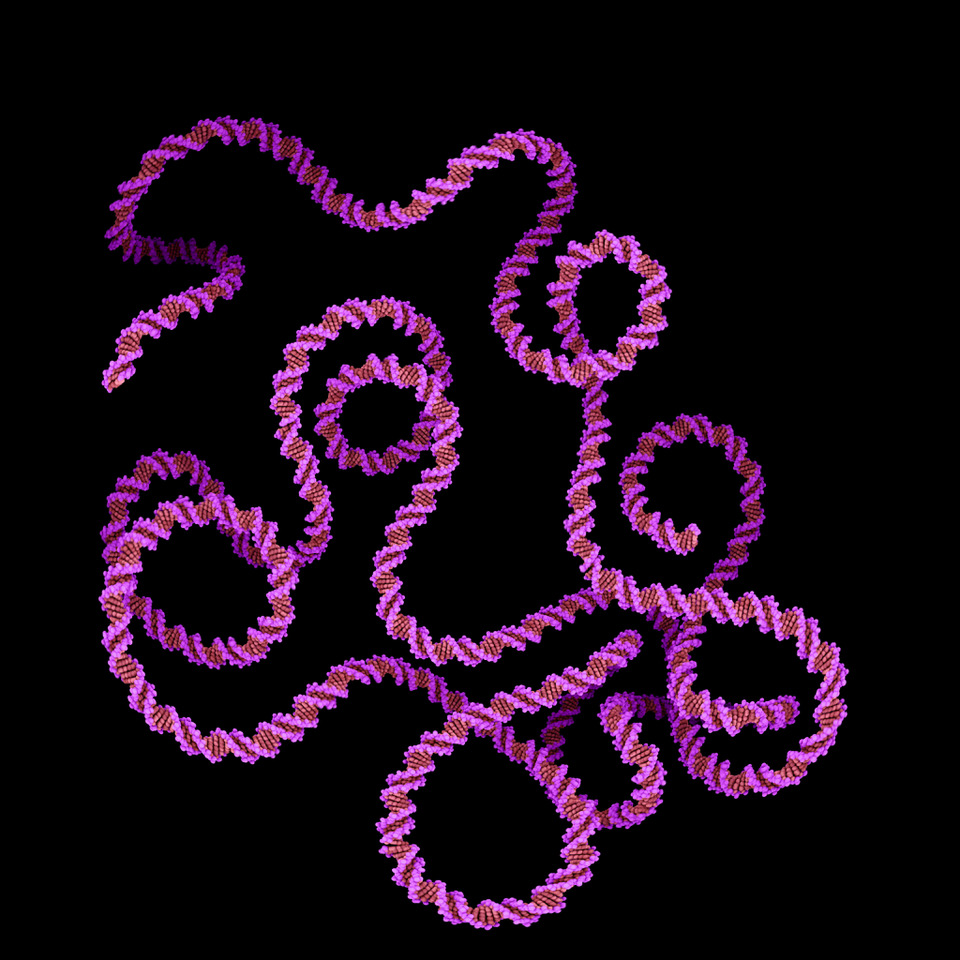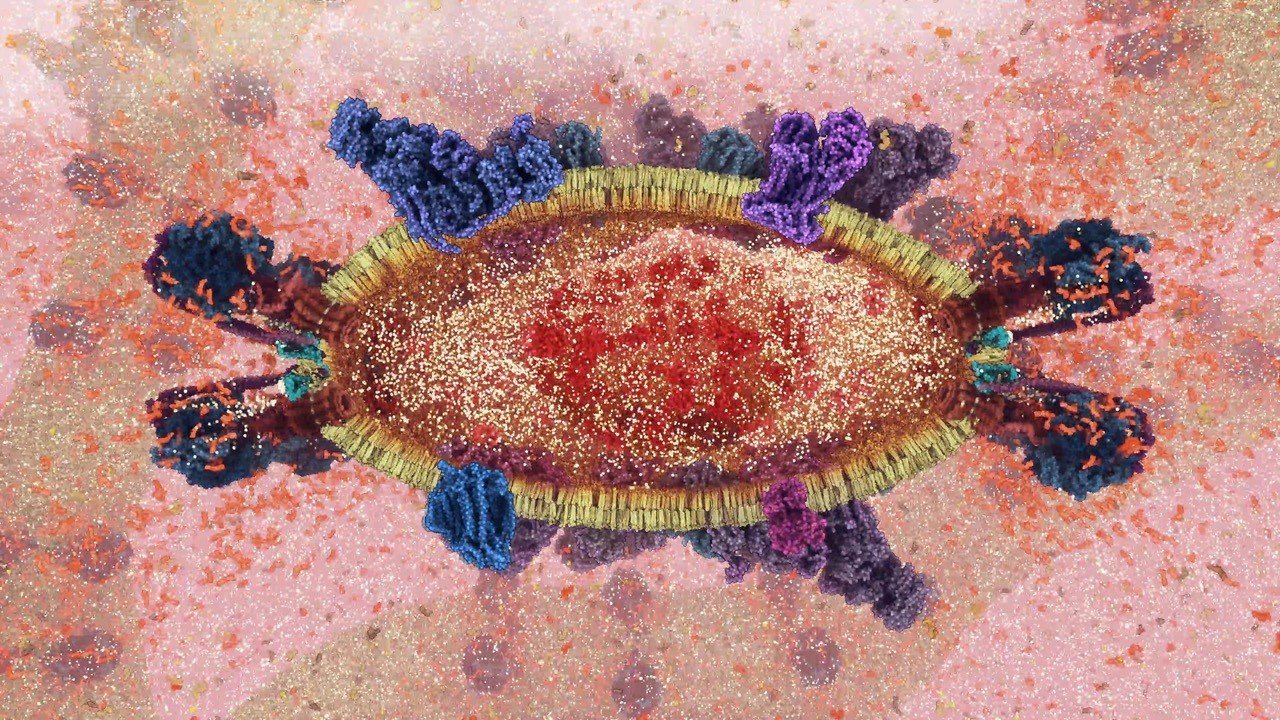Date & Location
Saturday, September 21, 2024 from 10 a.m. to 1 p.m.
University of Toronto Mississauga (Details to be provided when registrations are confirmed.)
For directions and campus maps, see https://bmc.med.utoronto.ca/visit-us.
The BMC Open House is an informal, casual opportunity for potential applicants to meet with students who are currently enrolled in the program, to tour BMC's facilities at UTM, and to meet with faculty. Potential applicants can request a pre-application review to help them assemble the strongest application possible when they do apply. This is not an interview. Attendance at the Open House is not a guarantee of admission.
Formal interviews for Fall 2025 admission will take place February 20, 2025 and are by invitation only. (See Important Dates.) Ideally, interviews will be in person. However, if interviews must take place on-line, the BMC Open House will have provided an opportunity for potential applicants to meet BMC faculty in person and to seek feedback on transcripts and art.
Pre-application review
For potential applicants who would like a pre-application review, there are available a limited number of 10-minute scheduled appointments with various faculty members.
Review the BMC faculty profiles and request an appointment with someone whose areas of specialization are of interest to you. https://bmc.med.utoronto.ca/faculty-staff
Required
Attendees must register to attend, and must bring unofficial transcripts and art samples with them. Register here: Link coming soon.





